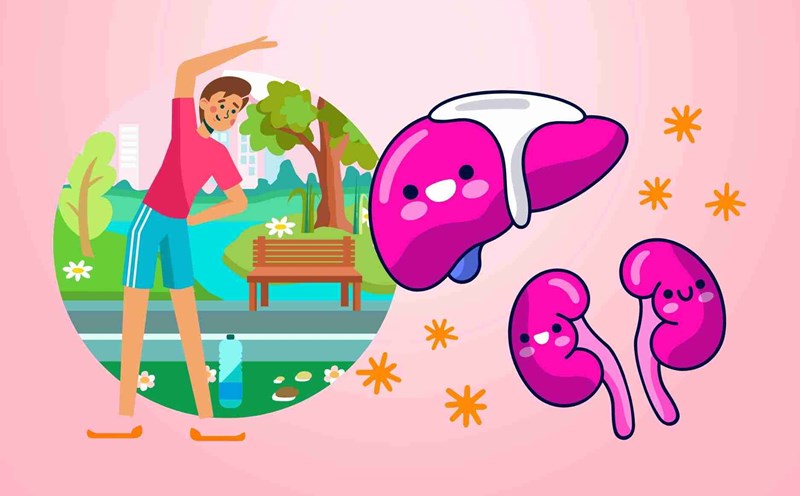Blueberries
Blueberries are rich in the antioxidant anthocyanin, which helps protect kidney cells from the effects of free radicals. According to clinical nutritionist Kara Rosenfeld (USA), anthocyanins are not only anti-inflammatory but also help improve the kidney's blood filtration process naturally.
This fruit is also low in sodium and potassium, making it suitable for people with kidney problems.
Egg whites
Unlike yellow intestines that contain a lot of phosphorus, egg whites are a source of high-quality protein, low in nitric waste - very suitable for a diet that limits protein for kidney patients. According to Dr. Elaine Magee, a nutritionist at Stanford University, egg whites provide essential amino acids, which help maintain muscle mass without burdening the kidneys.
Corn
Rich in vitamins K, C, fiber and many antioxidant compounds, cabbage is a healthy choice that helps the kidneys reduce the need for dialysis. With a low potassium content, this vegetable is recommended in the diet of people with kidney failure or those who need to control electrolytes.
Garlic
Garlic not only enhances the flavor of the dish but also has anti-inflammatory, antibacterial effects and supports blood pressure control - one of the leading causes of chronic kidney failure. According to Dr. Joe Leech, an Australian nutritionist, the active ingredient allicin in garlic helps improve blood circulation to the kidneys and reduce pressure on functional units.
Apple
Contains a lot of pectin - a type of soluble fiber - apples help control blood sugar and cholesterol levels, thereby reducing the burden on the kidneys. Apples also have mild diuretic properties, supporting the natural excretion process. This is a fruit recommended for daily use to support blood filtration function.
Olive oil
Whole oil is a source of monounsaturated fats, which help reduce inflammation and improve vascular endothelial function an important factor in protecting the kidney-urtic system. In addition, olive oil does not contain phosphorus, potassium or sodium - three minerals that need to be strictly controlled in chronic kidney disease.
In addition to the above foods, people at high risk of kidney disease such as the elderly, diabetes or high blood pressure should limit salt, carbonated soft drinks and processed foods. Maintaining a healthy lifestyle, eating balanced and going to see a doctor regularly will help the kidneys function optimally and prevent kidney failure.











